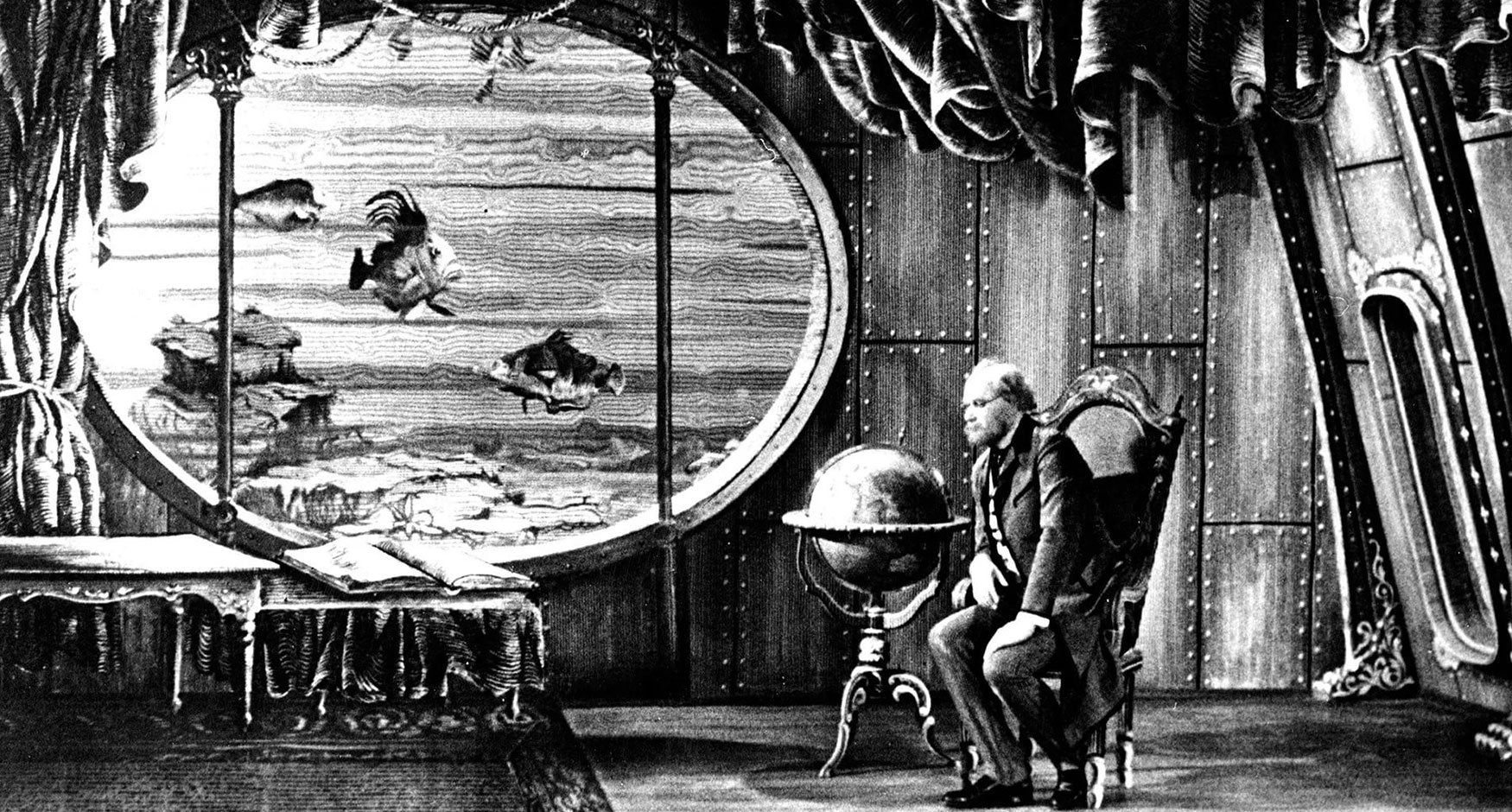
February 8. 1828: Jules Verne

Childhood
Jules Verneis born on February 8, 1828, and is the oldest of five brothers. His father is a lawyer while his mother comes from a family of ship-owners.
Jules Verneis expected to follow in his father's footsteps, Pierre Verne, and go on to practice law. He begins his studies in Nantes, and then in 1847 his father sends him to Paris to continue his studies.
Paris, the literary beginnings
In Paris, Jules Vernefrequents the literary social circles. It's here that he meets Alexandre Dumas, and then Alexandre Dumas'son whom he becomes friends with. In 1850, the Dumas men will help him put on his first theater piece, "The Broken Straws". The play was a great success.
In 1852, he declines the attorney position that his father offers him. This is when he decides to drop law and pursue literature. This same year, he is appointed secretary of the Lyrical Theater.
Love and Fame
In 1856, he attends the wedding of one of his friends in Amiens. It's then that he meets Honorie Meurel, whom he marries one year later. In 1861, they have a son and name him Michel Verne.
In 1862, Jules Vernemeets the publisherHetzel, to whom he submits his first book "Five Weeks in a Balloon".The book goes on to be a great success. It's the first entry of "Extraordinary Voyages", which will grow to have 54 volumes.
The Voyages
Jules Vernesets sail in 1867 with his brother for America. He buys a sailboat in 1870, and names it Saint Michelin honor of his son. He sails on the coasts of Scotland, Norway and the Mediterranean. He is often accompanied by his wife and loved ones. He takes long cruises which draw his inspiration.
Extremely prolific, Jules Vernewill go on to publish 72 novels and short stories in his lifetime which include: Journey to the Center of the Earth (1864),Twenty Thousand Leagues Under the Sea(1869) and Around the World in 80 Days(1872).

Amiens, the Mundane Life, and the End
In 1871, Jules Verneand his family move to Amiens where he becomes involved in politics and frequents the clubs of the city. A highly admired figure, he is also solicited by the Esperanto group of Amiens of which he becomes an advocate for. Firmly standing behind this new language, in 1892, Jules Vernebegins writing a novel in Esperanto but he is diagnosed with diabetes, making him weak, and leaving him to never complete the book. Jules Vernedies on March 24, 1905 in Amiens and is buried at the Madeleinecemetery. Over 5000 people show up at his funeral. On his tombstone is the epitaph "Towards immortality and eternal youth", done by Albert Rozein 1907.
Posterity
Jules Verneis considered the father of science fiction, because he was able to captivate and take advantage of the essence of his time. New technologies brought on by industrialization presented him with new possibilities and inspired a series of voyages and extraordinary stories fusing science, explorations, monsters, and idealism. He also knew how to create emblematic and charismatic characters such as the famous Phileas Foggor the formidable captain Nemo.
The adaptations of his books into comics, in television and in film are legion and with over 4000 translations of "Extraordinary Voyages" he is the second most translated author after Agatha Christie.




